With trade at British and Irish ports expected to increase this week following the traditional quiet time at the start of the year, the impact of border checks will become clear. The real difficulty so far is for UK products entering the EU, not the other way round. This is because the UK hasn’t fully implemented the new rules, while the EU has.
No flexibility from Barnier
The EU is implementing the letter of the agreement, which means exactly the correct documentation and physical inspection rate of 30% of all product. This has the potential to cause serious delays, even when exporters have all the correct documentation in place.
Questions have been raised in the UK about whether the EU is being overzealous with inspections, especially as the EU has agreements with New Zealand for a minimal inspection level of just 1% of goods checked and Canada also has a preferential inspection rate. That was not, however, agreed as part of the EU-UK agreement and chief negotiator Michel Barnier emphasised this in an interview with RTÉ on Thursday. He again used the term 'cherry picking' in relation to any bending of the rules, and while he spoke of operational solutions and referred to the withdrawal agreement for Northern Ireland, he made it clear that there would be no compromise on the agreement as it stands.
Structures for change but at a cost to UK
While Barnier may have been in combative mood, as he is about to take up his new job as advisor to the President of the Commission, the EU-UK trade deal has made provision for a full review after five years and the implementation structure has also some potential for flexibility. The agreement will be implemented by a joint EU-UK partnership council, which is advised by technical committees, including one on sanitary and phytosanitary issues. These are, again, made up from representatives of both blocks, and if there was agreement among these and the partnership council to make changes, then it should be possible to make adjustments that would reduce the friction at borders.
For the EU, it has always been about making it clear that the UK would not enjoy the benefits of the single market and customs union once outside it
Of course, this will depend on the extent to which the UK remains aligned to the EU and ambitions to make separate trade deals. It is because of UK-stated ambitions that the EU has insisted on full implementation of third country checks. If the UK goes ahead with its own deals, it is difficult to envisage relaxation by the EU on inspections, but if the UK was to adopt a different policy, the structures are in place to make adjustments.
For the EU, it has always been about making it clear that the UK would not enjoy the benefits of the single market and customs union once outside it. There is also the issue that no member of the EU is as exposed to trade with the UK for goods as Ireland is, given the geographical location and historical pattern of trade.



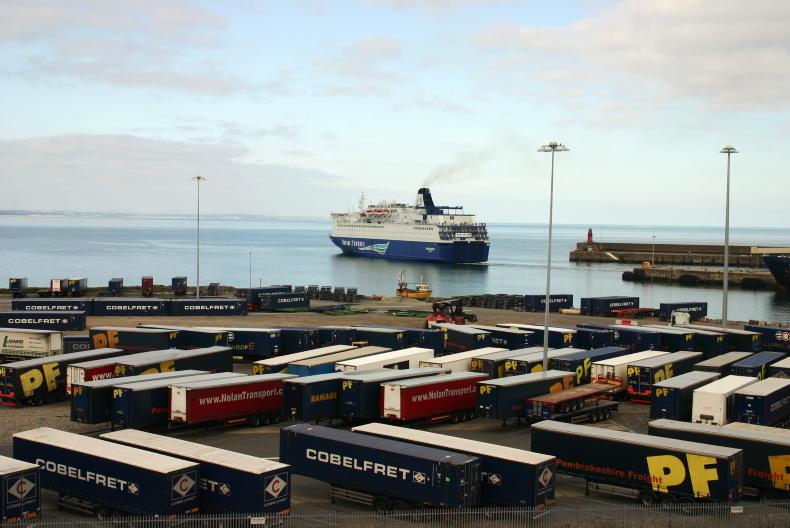

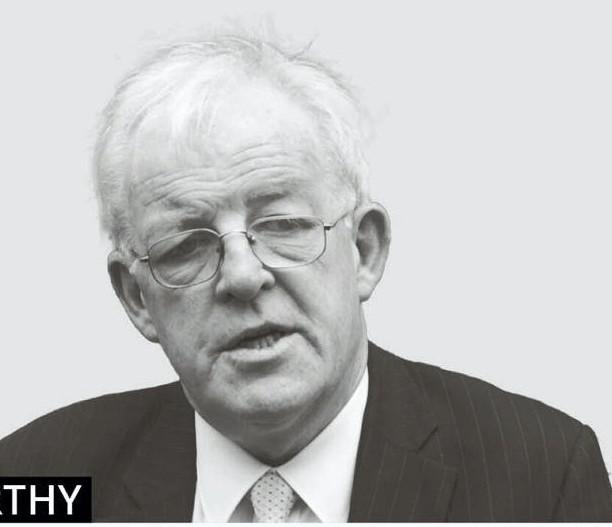

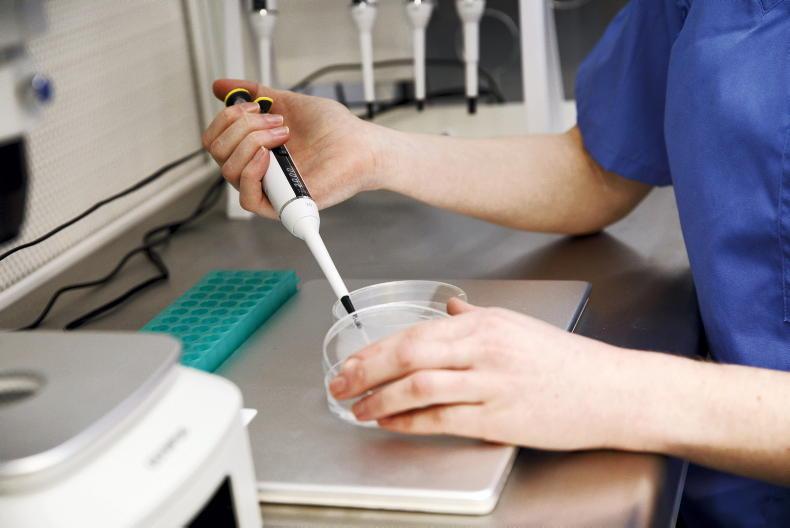
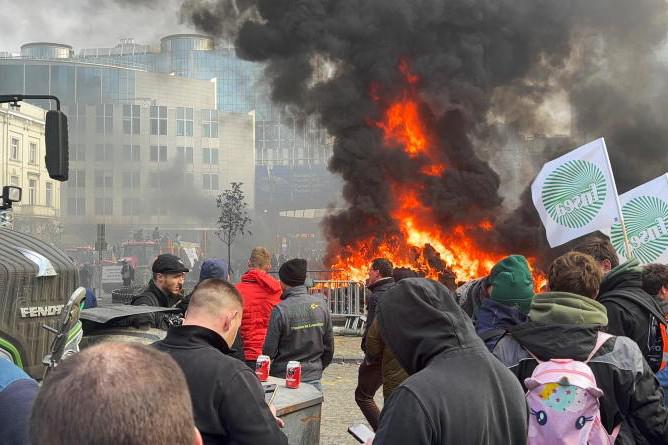
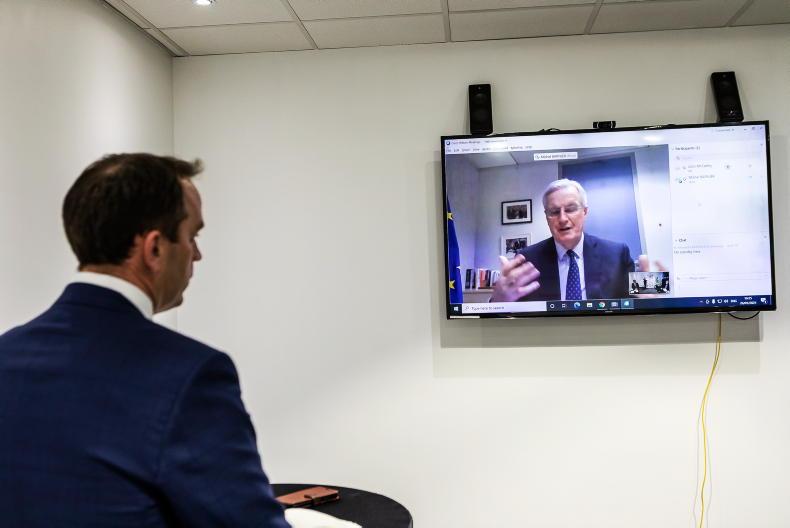
SHARING OPTIONS